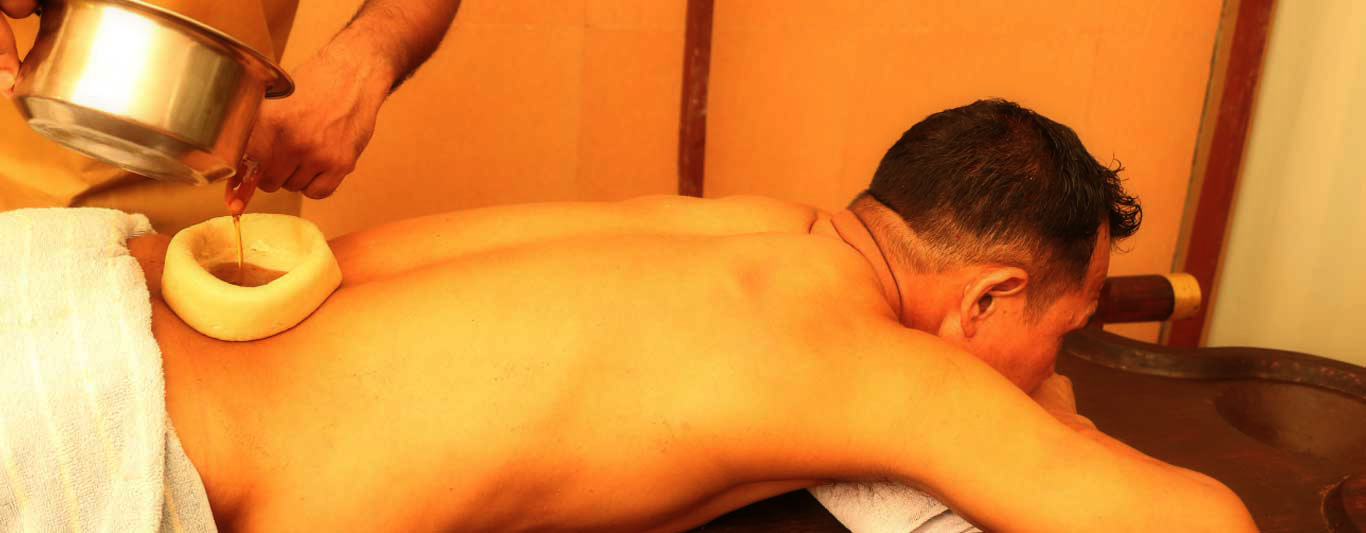Chronic Fatigue Sndrome (CFS)
Chronic Fatigue Syndrome (C F S)
Chronic fatigue syndrome is a complicated disorder characterized by extreme fatigue that can't be explained by any underlying medical condition. The fatigue may worsen with physical or mental activity, but doesn't improve with rest.
The cause of chronic fatigue syndrome is unknown, although there are many theories — ranging from viral infections to psychological stress. Some experts believe chronic fatigue syndrome might be triggered by a combination of factors.
There's no single test to confirm a diagnosis of chronic fatigue syndrome. You may need a variety of medical tests to rule out other health problems that have similar symptoms. Treatment for chronic fatigue syndrome focuses on symptom relief.
Symptoms
- Fatigue
- Loss of memory or concentration
- Sore throat
- Enlarged lymph nodes in your neck or armpits
- Unexplained muscle pain
- Pain that moves from one joint to another without swelling or redness
- Headache of a new type, pattern or severity
- Unrefreshing sleep
- Extreme exhaustion lasting more than 24 hours after physical or mental exercise
Ayurvedic Perspective
Ayurveda attributes the disease to aggravated vata dosha and decreased agni which leads to deprivation of strength. Aggravated vata generates negative effects at the physical and mental levels. Feelings of intense fatigue, muscle cramps and pains are signs of aggravated vata dosha, as also are weakness of nervous system, disturbed sleep patterns, mental fogginess and forgetfulness.
Main Procedure
The Ayurvedic line of CFS treatment envisages the balancing of vata dosha and enhancing agni.
Treatments includes Deepana pachana therapy, Srotho sodhanam and Balyakara therapy.
Abhyangam, Navarakkizhi, Siropichu, Thalam , Thala pothichil etc.
Panchakarma therapy such as Mathravasthy,Nasyam as per the conditions.
Rasayana therapy.
Duration of stay
3 to 4 weeks according to the condition.
Expected Outcome
Because chronic fatigue syndrome affects people in many different ways, our treatment will be tailored to the specific set of symptoms and to improve the quality of life.
Diet
- Vata pacifying diet such as warm , moisturous ,sweet, sour and salty food
- Include enough quantity of milk, pure ghee and milk products in food.
- Eat fresh fruits like banana and melons, and dry fruits like dates and walnuts, which reduce aggravated vata.
Activity restrictions
- Reduce stress.
- Develop a plan to avoid or limit overexertion and emotional stress. Allow yourself time each day to relax. That may mean learning how to say no without guilt.
- Improve sleep habits.
- Go to bed and get up at the same time each day. Limit daytime napping and avoid caffeine, alcohol and nicotine.
- Pace yourself.
- Keep your activity on an even level. If you do too much on your good days, you may have more bad
- Yoga, Pranayama and meditation also help in reigning over aggravated vata and combat the fatigue.
Simple Home Remedies
- Soak 5 gm of fenugreek seeds in 250 ml of water. Leave it overnight or at least for 4 hours. Boil and reduce it to 150 ml. Filter and drink warm. Drink it once or twice a day.
- Make a combination of amla powder and ashwaganda powder in equal amounts. Give one teaspoon of this twice daily.





